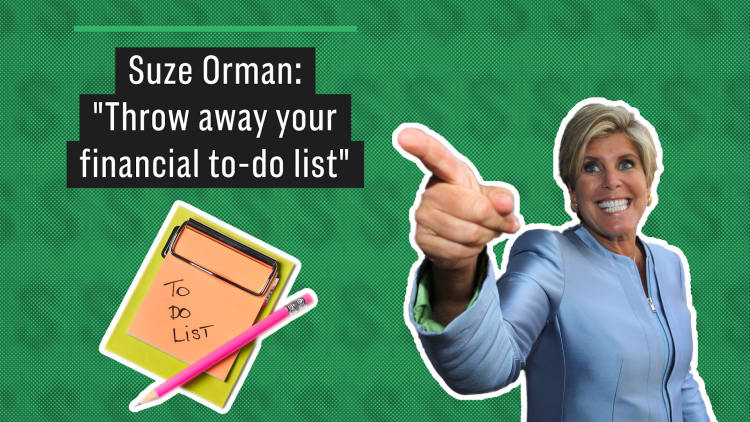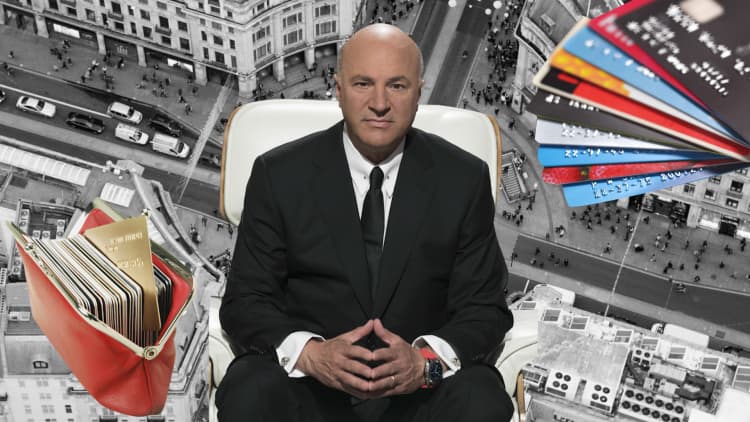Millennials are falling behind on paying off their credit card debt. Almost one in four (23 percent) of millennials say they've been carrying a balance on their credit cards for at least a year, according to a new poll from CreditCards.com.
And about one in 10 millennials (defined here as those ages 23 to 38) say they've had credit card debt for over five years.
"These are tough stats," Ted Rossman, industry analyst for CreditCards.com, tells CNBC Make It. That's especially true in the current environment, where the average credit card APR is at a record-breaking 17.57 percent.
"With credit card rates at record highs, that really works against you in a hurry," Rossman says. That's because credit cards, like retirement accounts, use compound interest, which can work both for and against you, he says.
In the case of your retirement accounts, compound interest is a good thing because you earn money faster (because, simply put, you're earning interest on your interest). But on credit cards, compound interest can make your debt grow just as quickly.
"You don't want this to drag on and on," Rossman says. The average household with credit card debt owes roughly $5,700, while those under the age of 35 owe $5,808. If you only paid the minimum on a $5,000 debt at the current average interest rate, you'd be in debt for over 18 years and pay roughly $11,400 in interest, explains Rossman.
Biggest reason for carrying debt
For a lot of millennials, everyday expenses contribute the most to their credit card debt. Four in 10 millennials say day-to-day expenses such as groceries, child care and utilities are their biggest reason for carrying a credit card balance. And about 20 percent cite emergency situations like medical bills and car repairs.
"The inability to get over that debt hurdle can be a pervasive problem," Rossman says. That's because millennials tend to have other debts, such as student loans, as well as high housing costs. About three out of four millennials say they're juggling some type of debt, according to a recent LightStream Survey conducted by the Harris Poll.
If a big portion of your paycheck is going toward repayment, there's less to put toward other expenses, like groceries and rent, Rossman says. That's why when there's an emergency like a car repair, it pushes you into debt.
The good news is that more millennials are now recognizing that credit card debt is a big problem, much more so than other generations, Rossman says. About two-thirds of millennials with credit card debt are stressed about it, as opposed to half of Gen-Xers (those ages 39-54) and 42 percent of baby boomers (those ages 55-73).
Building a 'buffer' can help
Having an emergency savings fund is one of the most important steps to taking control of your finances. Most experts recommend that you have three-to-six months of living expenses set aside in an account earmarked for emergencies.
"That's going to be a buffer between you and high-cost credit card debt," Rossman says. But it's easier said than done. He advises to start small, with $2,000 as your initial goal, and then work your way up to having the recommended six months of savings.
You can consistently save a small percentage of your paycheck by setting up automatic transfers, says David Bach, co-founder of AE Wealth Management, tells CNBC Make It.
"When your paycheck gets deposited, move money automatically from your checking account into a separate money market account or a separate savings account that you won't touch," says Bach. "You literally want to almost forget it's there."
Don't miss: 60 percent of millennials don't have enough money to cover a $1,000 emergency
Like this story? Subscribe to CNBC Make It on YouTube!




